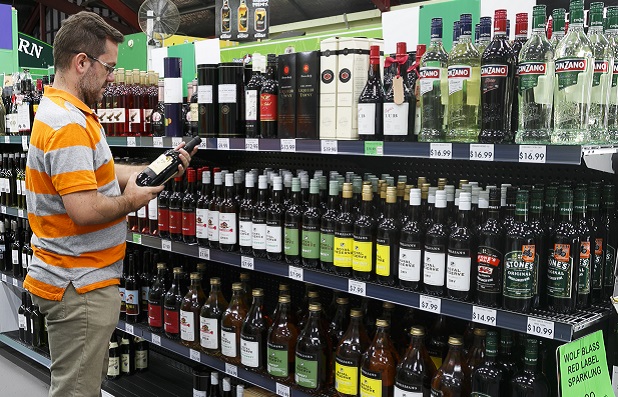By Andy Young
Alcohol Beverages Australia (ABA) has dismissed calls for plain packaging for alcohol, which have come in response to a new study on the effectiveness of graphic anti-alcohol advertisements.
ABA said that the calls are off the mark and that the advertising content used as the basis for such calls amounts to scaremongering.
The ABA's Executive Director, Fergus Taylor, said that advertisements warning of an increased risk of cancer when consuming alcohol, which were rated most effective in motivating drinkers to turn away from alcohol consumption, do not accuratly reflect the health risks associated with responsible consumption.
“While such advertisements can play a role in raising awareness amongst problem drinkers, they need to be much clearer about the very high levels of drinking that are relevant to significantly increased cancer risks,” Taylor said.
“The industry has long advocated for targeted measures to deal with specific areas of problem consumption and misuse, as opposed to broad-based, population-wide measures like ads that use cynical scare tactics to frighten responsible drinkers.
“These ads will just be dismissed as scaremongering by the vast majority of Australians who drink responsibly and are well aware that alcohol should be consumed in moderation. To be in the risk category claimed in these ads, you have to drink at levels that are extremely high, which is simply not relevant to most people.
“Multiple risk factors are involved in the development of cancers and include family history and genetics, environmental factors, and behavioural variables, as well as social determinants of health. The mix of risk factors is different for each individual and determines that individual’s likelihood of developing a particular type of cancer.
“Because the advertisements in question do not make this clear, they do not serve the public health benefit that has been claimed.
“Unless advertisements spell out that it is at high levels of drinking when these increased risks occur, what they amount to is simply demonising a product that has well-established health benefits when consumed at moderate and responsible levels.
“The alcohol beverages industry urges policy makers to carefully consider the established evidence before making any decisions on the subject.”

